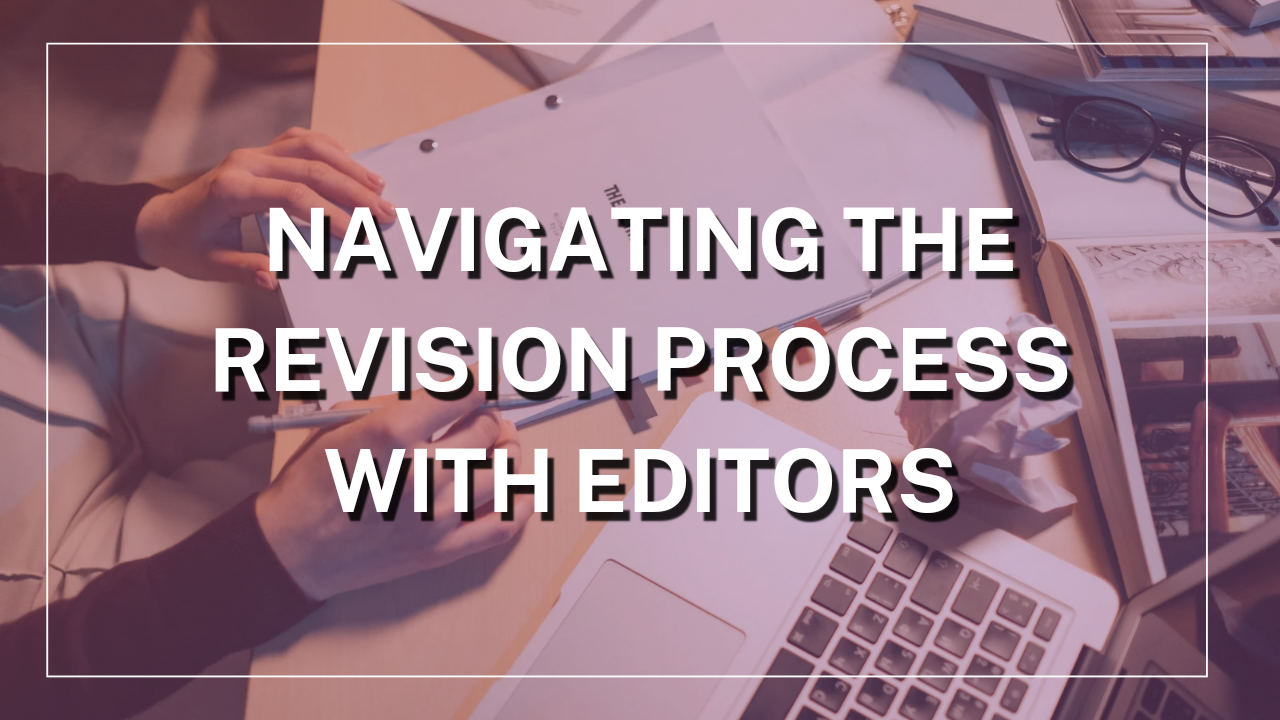Revision is a vital but sometimes intimidating step in the writing process for a lot of authors, who go from draft to publication. Taking editorial input can be scary for some, but it’s a great way to improve and polish your work. The best version of your work can be achieved through a seamless, cooperative working relationship with your editor.
Here are some tips on dealing with the editing process of your work.
1. Embrace Feedback:
Since writers often put immense effort into their work, it can be hurtful to hear negative criticism. Editors, however, are there to elevate your work, not to bring you down. Recall that the goal of each recommendation they make is to increase impact, flow, and clarity. Give yourself some time to absorb their criticism before making any changes, especially if it contradicts your style of writing. This can assist you in separating emotions from facts, so you can approach modifications with an open mind and fresh perspective.
2. Being Clear and Critical:
Understanding your editor’s perspective is crucial for successful collaboration. Discuss the extent of edits in the first meeting, focusing on important details like theme and timing. Ask for clarification if feedback seems ambiguous. A candid conversation can clarify confusion and ensure both parties are on the same page. Writers who understand their editorial criticism are highly valued.
3. Maintaining the Structure:
Editors may make structural recommendations or develop specific concepts, but it’s crucial to consider their suggestions and consider whether they align with your writing goal. Flexibility is essential, and a competent editor will respect your style and tone. Collaborative editing should aim to balance your style with the editor’s suggestions.
4. Pick Your Battles:
Explain disagreements while being respectful and use facts to support your position to avoid miscommunication. It is important to accept the process and partnership with the editor, and when both are on the same page, proceed with the work. In editing collaboration, high emotions are inevitable, so try to think with your emotions instead of letting your emotions think for you.
5. Be Real:
Revisions can be time-consuming, but honesty about meeting deadlines and negotiating extensions is crucial. Quality over speed builds trust. Revisions are learning opportunities, that can provide feedback helping you improve as a writer. Over time, anticipating edits can streamline future revision processes. Maintaining professionalism, expressing gratitude, and respecting editors’ input are crucial for long-term success.
The revision process is crucial for writing, and a cooperative relationship with an editor can do wonders for your work.

